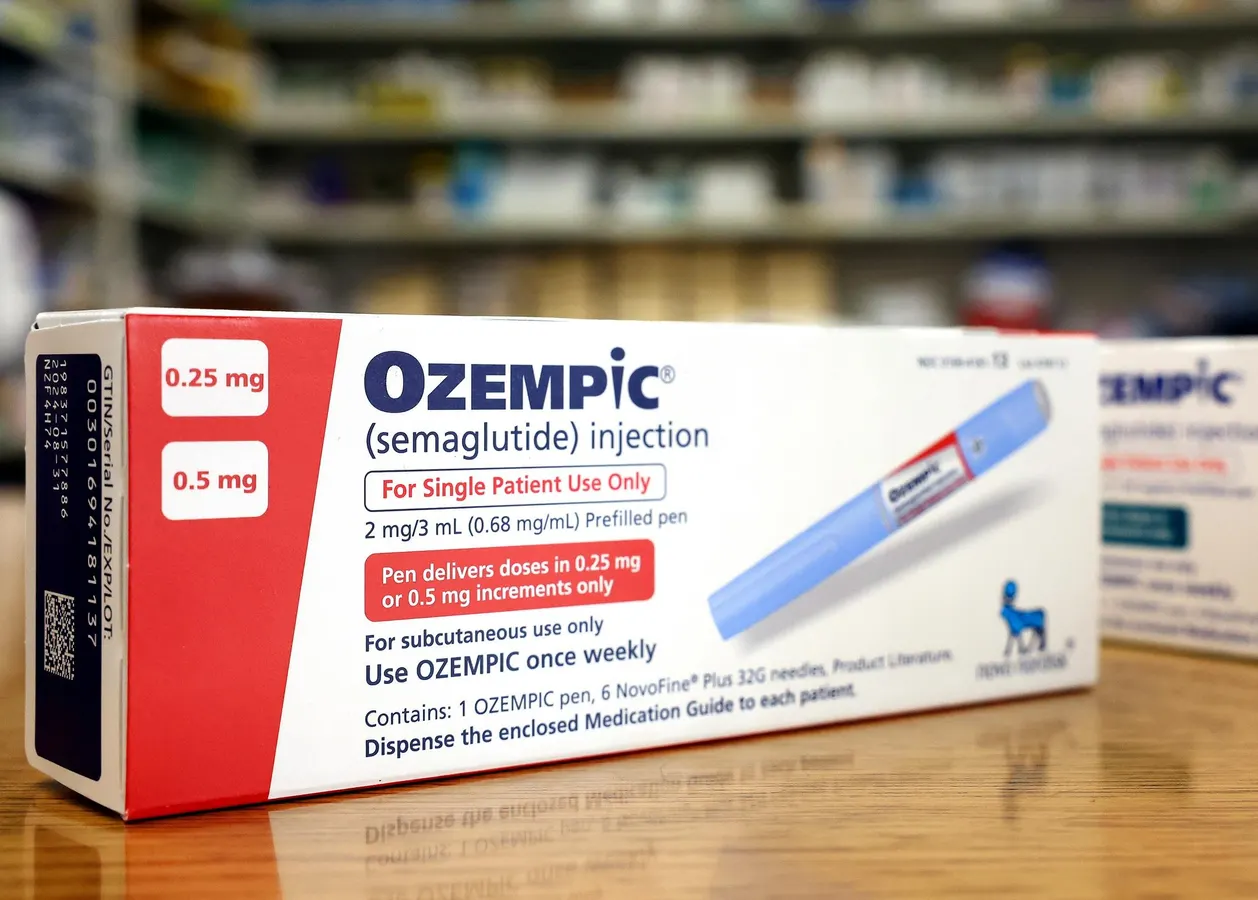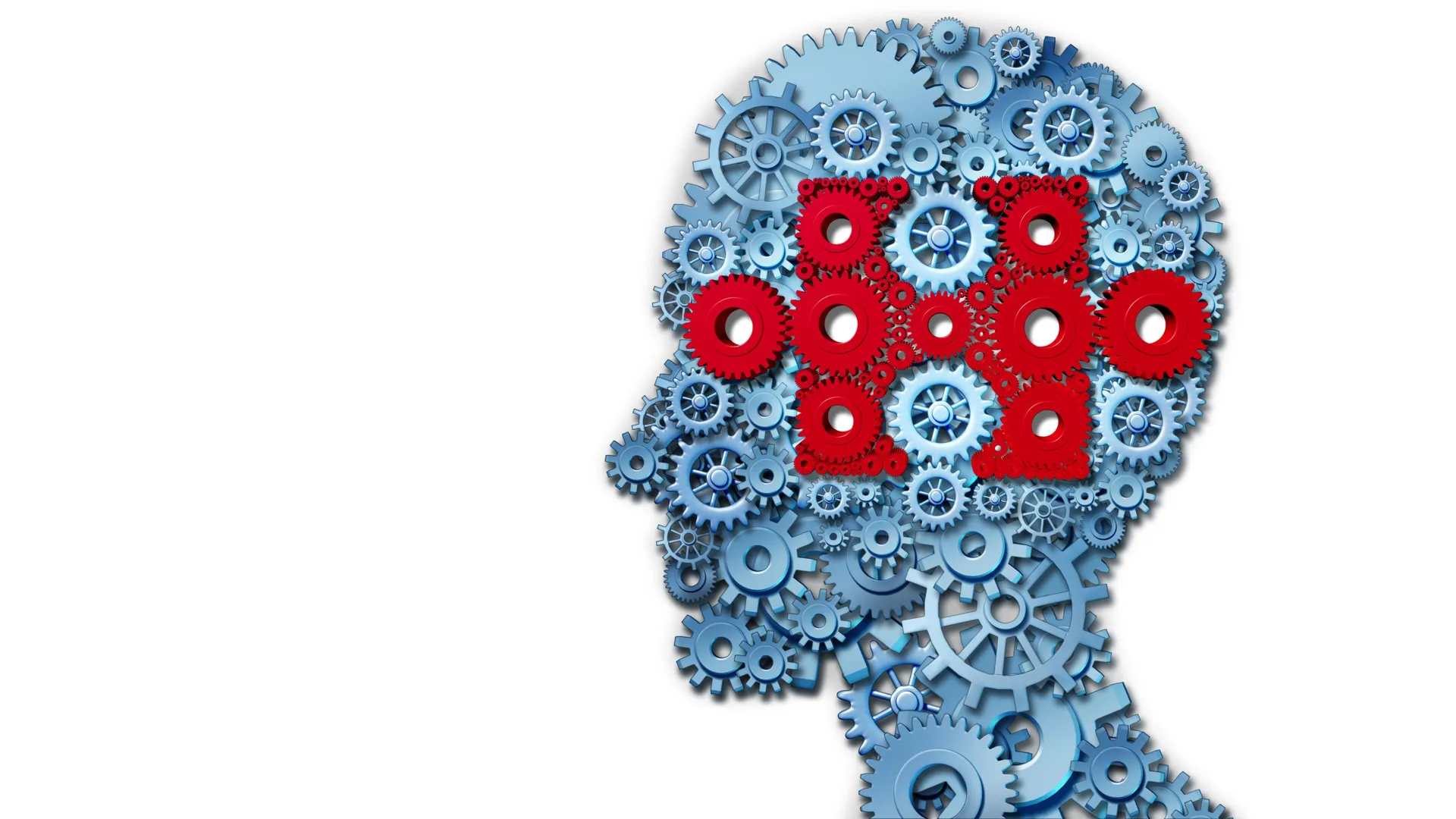LOS ANGELES, CALIFORNIA – APRIL 17: In this photo illustration, boxes of the diabetes drug Ozempic rest on a pharmacy counter on April 17, 2023 in Los Angeles, California. The drug can also be prescribed off-label for obesity. (Photo illustration by Mario Tama/Getty Images)
Getty Images
For the…









